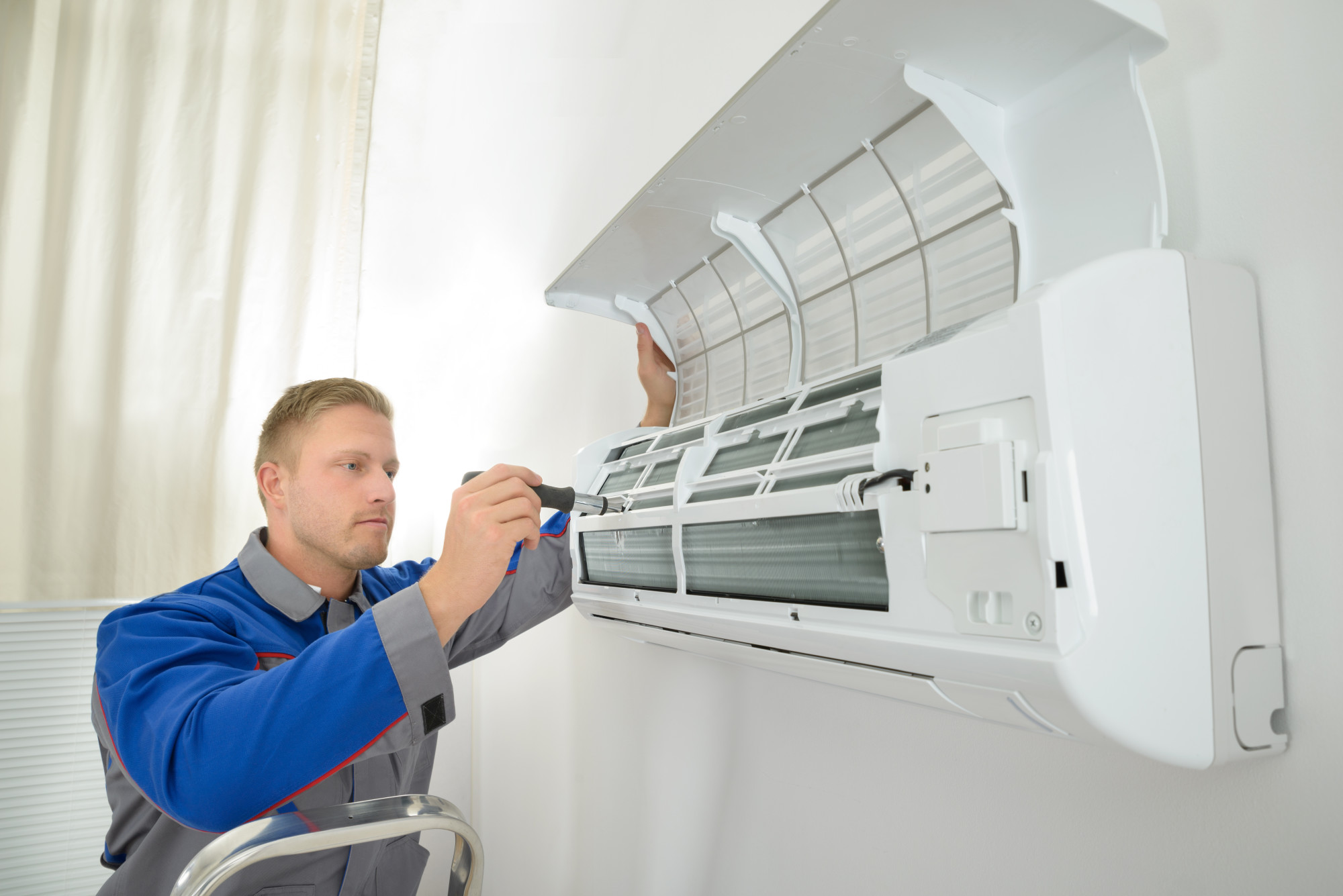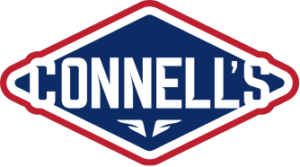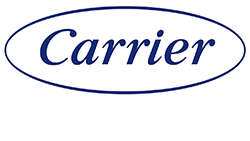Were you aware summers in Georgia can sometimes reach 90 degrees Fahrenheit or higher?
Without regular AC maintenance, your system won’t run as smoothly as butter during the summer and beyond. However, sometimes unexpected issues can arise even after dedicated maintenance.
If your AC or HVAC system isn’t working as it should, it’s crucial to address any issues right away. AC repair will guarantee your comfort and prevent further damage to your unit.
Keep reading for a thorough guide on seven HVAC troubleshooting tips.
1. Keep Checking Your System’s Air Filters
Air filters are one of the main things standing between you and dirty indoor air quality. A fresh and reliable filter ensures the proper functioning of your HVAC system.
With enough time, dust, dander, pollen, and other debris can build up in the filters. This could end up restricting airflow. With the airflow affected, it’s only a matter of time before it leads to reduced efficiency and added strain on the system.
Always inspect the air filters and replace them when it’s time. Are you not sure how often is often enough? You should replace the average filter every several months or so, depending on usage.
Clean air filters promote better airflow, enhance energy efficiency, and help prevent potential AC issues. With regular HVAC maintenance, you can rest easy and breathe more freely.
2. Try Adjusting Your Thermostat Settings
If your system isn’t working as it should, don’t freak out just yet. Sometimes the cause of HVAC problems can be as simple as incorrect thermostat settings.
With this possible issue in mind, see if your thermostat is adjusted to your usual temperature. Don’t forget to check the cooling or heating mode.
Are you wondering what else you can do with your thermostat? If you’ve invested in a programmable thermostat, for instance, verify that the schedule is accurate and aligned with your preferences.
Incorrect thermostat settings can give the impression of a malfunctioning AC system. You won’t want to pay a diagnostic bill if it’s simply a matter of adjusting the thermostat.
3. The Circuit Breaker and Power Supply
Is the AC unit failing to turn on at all? If so, you should go inspect the circuit breaker. Locate your electrical panel and check if the breaker for the AC unit has tripped or not.
A tripped breaker could mean that there was an electrical overload or a short circuit. Reset the breaker and wait to see if the AC starts functioning again. If it does, then chances are everything will be fine.
You should also double-check that the AC unit is plugged in and that the cord connector isn’t loose. The power supply shouldn’t show any signs of being damaged. Faulty electrical connections can disrupt the power supply and stop the system from working at an effective level.
4. Inspect the Outdoor Unit
Do you want more AC maintenance tips?
Remember that the outdoor unit of your HVAC system has to resist various environmental factors. These factors include rain, heat, cold, and even falling leaves.
This is why you should examine the unit for any obvious damage. For example, you may notice bent or damaged fins.
Bent fins restrict airflow and affect the unit’s performance. You can try using a comb to bend the fins back to their original position. Be sure to use gentle force.
It’s also worth clearing away debris from around the unit. This will go a long way toward boosting airflow. Any professional would emphasize that airflow is essential for efficient cooling or heating.
5. Clean Out the Condensate Drain
If you’ve never heard of the condensate drain, it’s enough to know that it removes excess moisture made by the AC unit. The accumulation of dirt, algae, or mold can end up hindering proper drainage.
A clogged condensate drain could even lead to water leakage. This has a domino effect that can cause damage to your HVAC system and water-related issues in your home.
Rather than let that happen, you should locate the drain line. More often than not, this is found near the indoor unit. Once you find it, use a wet-and-dry vac or a pipe cleaner to clear any blockages.
By staying on top of drain cleaning, you can prevent potential water-related problems from ever happening.
6. Address Refrigerant Leaks
Refrigerant is a basic yet necessary component for the cooling process in your AC system. If your AC isn’t cooling as it should, there may be a refrigerant leak.
Low refrigerant levels can lead to inefficient cooling and cause the system to over-exert itself. This can then skyrocket energy consumption. By then, you’ll start noticing a hike in your utility bills.
Adding refrigerants is not a permanent solution. Instead, it’s vital to address the underlying leak and prevent future issues.
To ensure a thorough solution, reach out to a professional HVAC technician. They can locate the leak, repair it, and refill the system with proper refrigerant levels.
7. Avoid HVAC Maintenance Mistakes With Professional Help
It’s true that regular AC maintenance and troubleshooting can resolve some issues. Still, there are many instances where professional help is necessary.
If you’ve followed the tips above and your AC system still isn’t functioning, it’s time to get in touch with an experienced HVAC tech. They have the expertise and specialized tools to diagnose complex issues.
Attempting to fix complicated problems without proper knowledge can potentially worsen the situation. Professional AC maintenance services can nip problems in the bud so that you can enjoy a fully functional HVAC system.
They can also recommend a tailor-made annual HVAC maintenance plan.
Are You Ready to Receive AC Repair Help?
Now that you’ve brushed up on seven HVAC troubleshooting tips, you can seek AC repair from a trained professional.
Connell’s Heating & Air proudly serves Augusta, Georgia. We also provide our high-quality services to the surrounding areas.
You can always rely on us whether you need AC repair, replacement, or maintenance. Don’t hesitate to call us today to set up an appointment.



